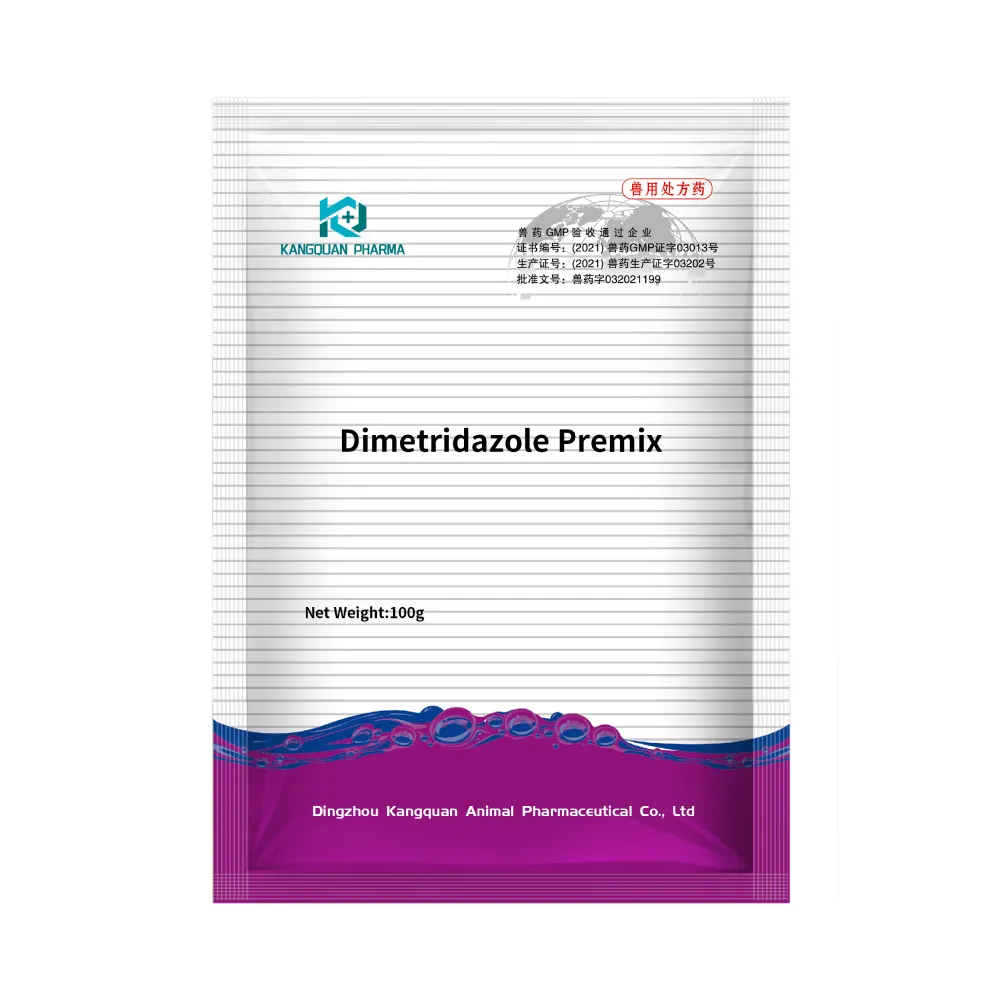- Afrikaans
- Albanian
- Amharic
- Arabic
- Armenian
- Azerbaijani
- Basque
- Belarusian
- Bengali
- Bosnian
- Bulgarian
- Catalan
- Cebuano
- Corsican
- Croatian
- Czech
- Danish
- Dutch
- English
- Esperanto
- Estonian
- Finnish
- French
- Frisian
- Galician
- Georgian
- German
- Greek
- Gujarati
- Haitian Creole
- hausa
- hawaiian
- Hebrew
- Hindi
- Miao
- Hungarian
- Icelandic
- igbo
- Indonesian
- irish
- Italian
- Japanese
- Javanese
- Kannada
- kazakh
- Khmer
- Rwandese
- Korean
- Kurdish
- Kyrgyz
- Lao
- Latin
- Latvian
- Lithuanian
- Luxembourgish
- Macedonian
- Malgashi
- Malay
- Malayalam
- Maltese
- Maori
- Marathi
- Mongolian
- Myanmar
- Nepali
- Norwegian
- Norwegian
- Occitan
- Pashto
- Persian
- Polish
- Portuguese
- Punjabi
- Romanian
- Russian
- Samoan
- Scottish Gaelic
- Serbian
- Sesotho
- Shona
- Sindhi
- Sinhala
- Slovak
- Slovenian
- Somali
- Spanish
- Sundanese
- Swahili
- Swedish
- Tagalog
- Tajik
- Tamil
- Tatar
- Telugu
- Thai
- Turkish
- Turkmen
- Ukrainian
- Urdu
- Uighur
- Uzbek
- Vietnamese
- Welsh
- Bantu
- Yiddish
- Yoruba
- Zulu
8 月 . 08, 2024 05:40 Back to list
Effective Strategies for Choosing Antiparasitic Treatments to Ensure Horse Health and Well-being
Antiparasitic Treatments for Horses Essential Considerations
Horses, like many other animals, are susceptible to various parasitic infections that can adversely affect their health and performance. These parasites can be external, such as ticks and mites, or internal, including gastrointestinal worms such as roundworms, tapeworms, and large strongyles. Ensuring that horses are free from these parasites is crucial not only for their well-being but also for the maintenance of optimal performance in competitive and recreational settings. This article will explore the significance of antiparasitic treatments for horses, the types of parasites they combat, and best practices for effective management.
Importance of Antiparasitic Treatments
Parasitic infections in horses can lead to a range of health issues including weight loss, colic, anemia, and even death in severe cases. Moreover, these parasites can cause disruptions in nutrient absorption, weakening the animal's overall condition. Antiparasitic treatments, commonly referred to as dewormers, offer a proactive approach to managing these threats. Regular deworming not only helps in maintaining the horse's health but also prevents the spread of parasites to other equines within the same environment.
Common Parasites in Horses
1. Gastrointestinal Worms The most common internal parasites affecting horses are roundworms (Parascaris equorum), strongyles (Strongylus spp.), and tapeworms (Anoplocephala spp.). Strongyles are particularly notorious, as they can cause significant damage to the horse's intestines and blood vessels.
2. Bots Bot flies (Gasterophilus spp.) lay eggs on horses' coats, which the horse inadvertently ingests. Once inside, the larvae can attach to the stomach lining, leading to irritation and potential digestive issues.
3. External Parasites Ticks, lice, and mites can pose significant threats as well. These pests can cause skin irritation, allergic reactions, and transmit various diseases that can complicate a horse's health concerns.
Best Practices for Antiparasitic Management
antiparasitic for horses

To effectively manage and control parasitic infestations in horses, it is essential to adopt a strategic and comprehensive approach
1. Regular Deworming Protocols Establish a deworming schedule based on the horse's age, lifestyle, and risk exposure. Many veterinarians recommend deworming every 6 to 8 weeks, but this can vary. Rotating between different classes of dewormers can also prevent the development of resistance.
2. Fecal Egg Count Testing Conducting periodic fecal egg counts (FEC) can provide valuable insights into the parasite load in an individual horse or a herd. This allows for targeted deworming, ensuring that treatments are applied only when necessary.
3. Environmental Management Reducing the habitat for parasites can significantly lower their prevalence. This includes regularly cleaning stalls, spreading manure, and rotating pastures to disrupt parasite life cycles.
4. Monitoring and Assessment Regular health check-ups and close observation for signs of parasitic infestations, such as weight loss, colic symptoms, or changes in behavior, can help in early diagnosis and treatment.
5. Consultation with a Veterinarian Engaging with a veterinarian to create a tailored antiparasitic program is advisable. Professionals can recommend appropriate products and strategies based on local parasite prevalence and the specific needs of the horse.
Conclusion
Antiparasitic treatments are a vital component of equine health management. By understanding the types of parasites that can affect horses and adopting best practices for their control, horse owners can promote better health, performance, and longevity of their animals. Regular veterinary consultation, strategic deworming, and environmental management will help ensure horses remain healthy and free from the burden of parasitic infections.
-
The Power of Radix Isatidis Extract for Your Health and Wellness
NewsOct.29,2024
-
Neomycin Sulfate Soluble Powder: A Versatile Solution for Pet Health
NewsOct.29,2024
-
Lincomycin Hydrochloride Soluble Powder – The Essential Solution
NewsOct.29,2024
-
Garamycin Gentamicin Sulfate for Effective Infection Control
NewsOct.29,2024
-
Doxycycline Hyclate Soluble Powder: Your Antibiotic Needs
NewsOct.29,2024
-
Tilmicosin Premix: The Ultimate Solution for Poultry Health
NewsOct.29,2024













